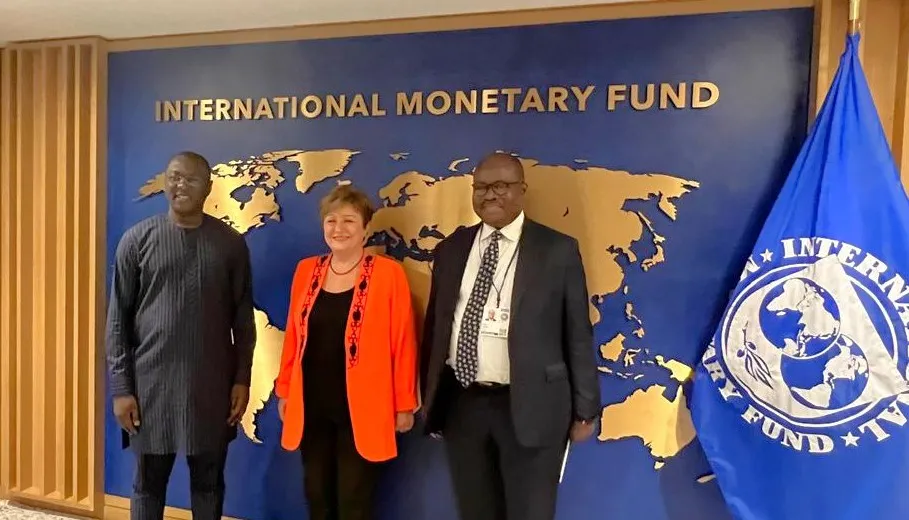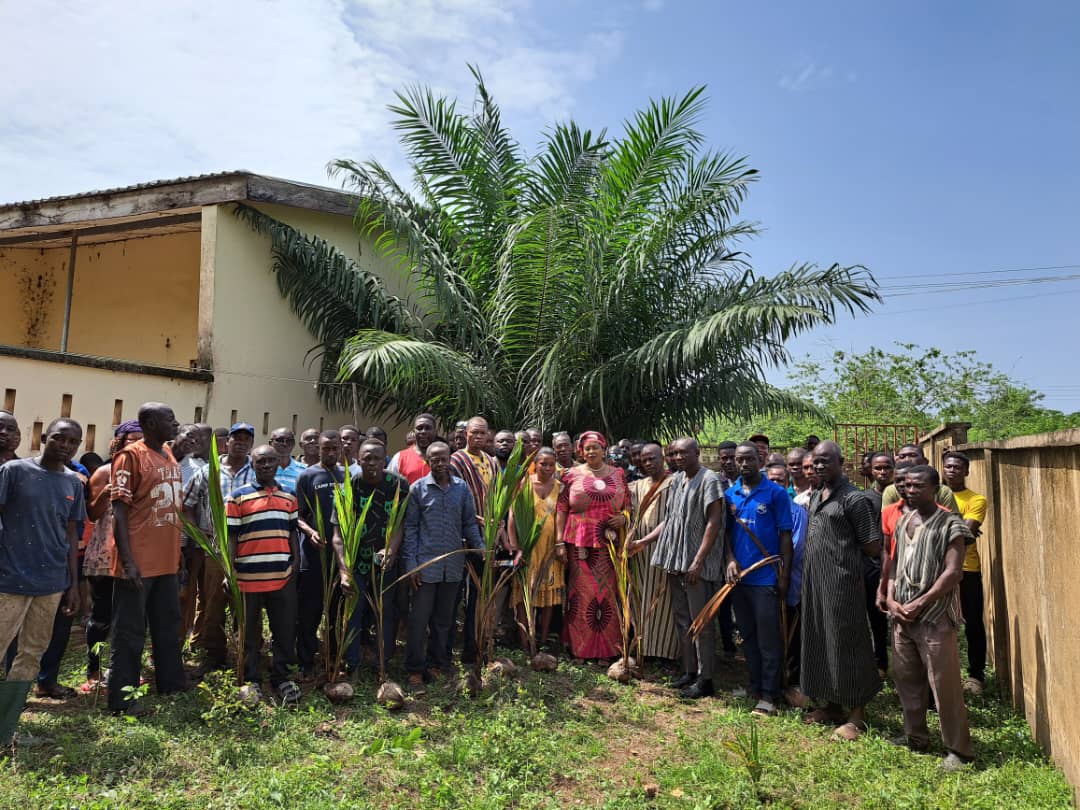The Consumer Advocacy Centre (CAC) at Laweh University College has urged the government to enact legislation aimed at protecting consumers from the activities of market actors who exploit high and unfair food prices.
The advocacy is based on preliminary findings of a study indicating that weak competition in the food supply market, coupled with the dominance of certain market actors such as market queens and food aggregators, significantly contributes to unfair food prices in the Ghanaian market.
Speaking at a stakeholder engagement, Professor Goski Alabi, the President of CAC, shared insights from the study, revealing that consumers, between January 2022 and July 2023, had borne the excessive burden of increasing production costs.
This manifested in a disproportionate rise in retail prices compared to wholesale prices for various food items during the same period.
“The retail price of onions increased by 42.4%, while the wholesale price rose by just 18.1% in the same period. The retail price of gari grew by 77% compared to a 63% rise in wholesale price and an increase of just 46.4% in the wholesale price of cassava, the basic ingredient for gari,” explained Professor Alabi.
The study, conducted in partnership with Consumers International, employed a tool called a ‘Fair Price Monitor' to explore potential reasons for the phenomenon.
While factors such as rising fuel costs and a weakening exchange rate were acknowledged, they did not appear sufficient for the excessive rise in retail prices.
The lack of standardization in weight and measurement systems in the country also played a significant role in the unfair pricing of food.
Wisdom Aborchie, an enumerator for the study in the Volta region, disclosed that aggregators and wholesalers used factors like colour and size to set retail prices, deviating from the farmgate prices they paid for the goods.
Dr Charles Nyaba, Executive Director of Peasant Farmers Association of Ghana, observed that small-scale farmers and consumers were at the mercy of aggregators and market queens who respectively determined prices and the availability of commodities.
He highlighted that farmers, despite facing increasing production costs, received unfair prices from aggregators, and market queens prevented them from selling directly in local markets.
Mr. Edward Kareweh, the General Secretary of the General Agriculture Workers Union (GAWU), emphasized the need for intervention in pricing, stating that leaving food commodity pricing solely to market forces, without mechanisms to protect consumers and ensure fairness, was untenable.









